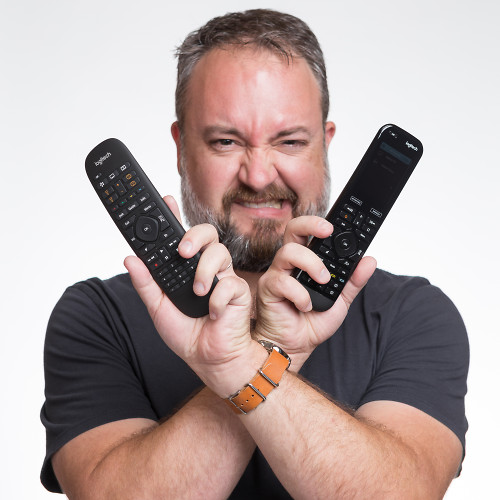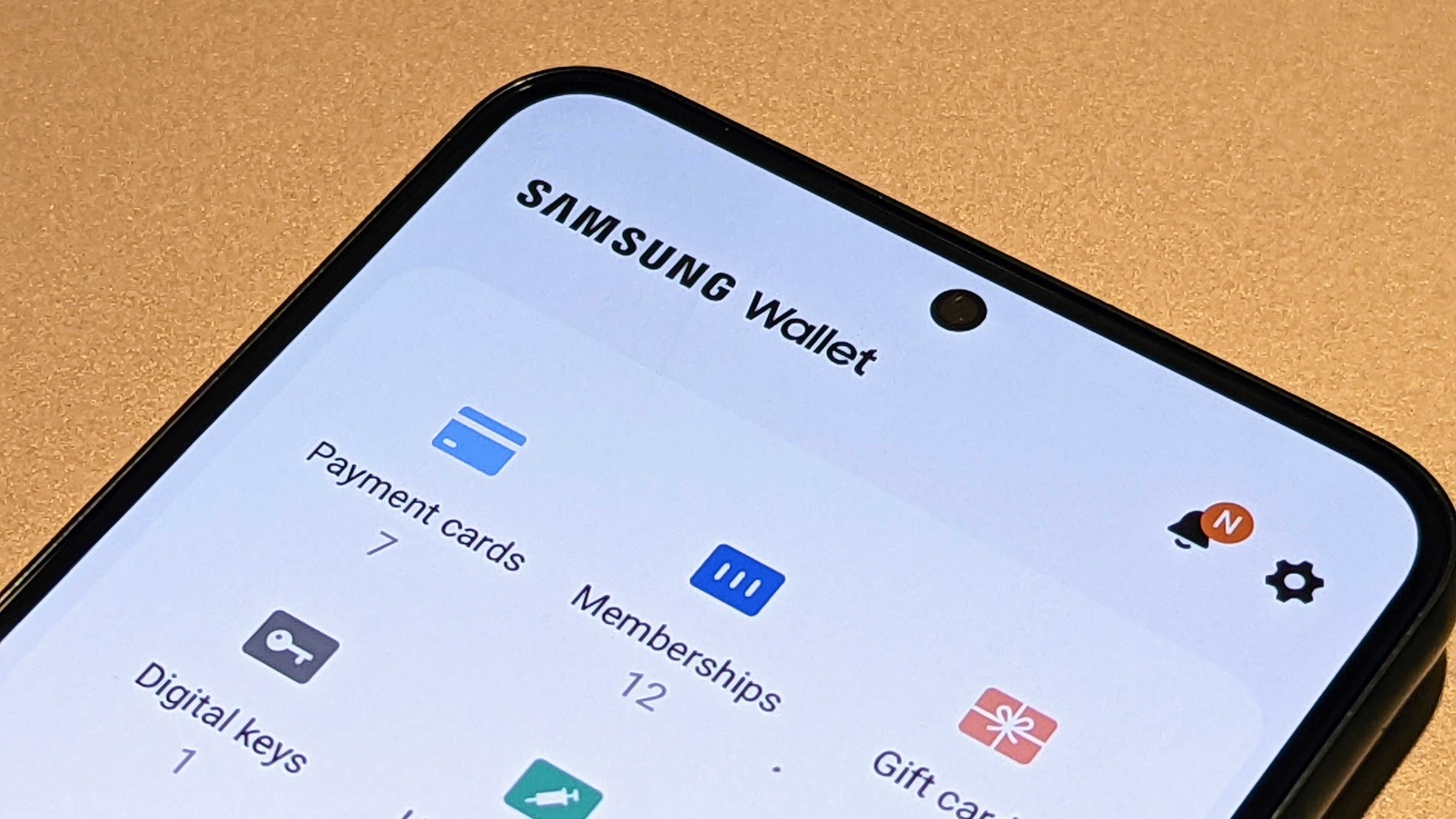The LG V30 has an amazing camera, but it won't make you a great photographer
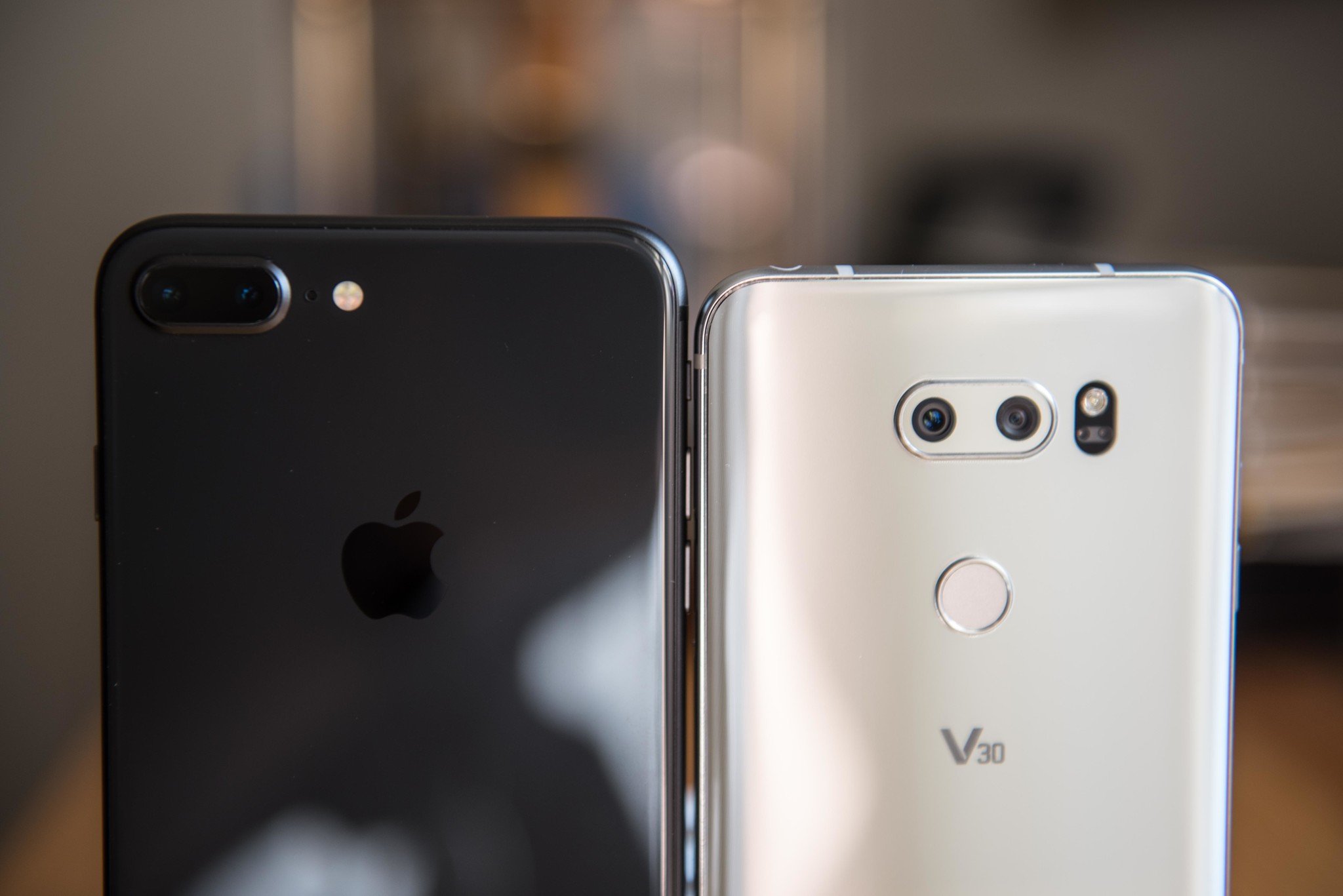
Five years ago, I was flown to Seoul to cover the launch of a brand new smartphone line. Business class, on Korean Air. In my gear bag was a brand new, full-frame DSLR. It cost well over $1,000 and was a pretty big step up from the prosumer model I'd been using pretty well until then.
Taking smartphone pictures isn't the same as being a photographer. At all.
It was my first trip to Asia, I was riding in style (though 14-hour flights are 14-hour flights no matter which end of the airplane you're in), and I had some hot new (to me) gear in the bag to work with.
I then proceeded to take some of the worst pictures of my career while on deadline. Blurry. Dark. Dark and blurry. Or blurry and blown out. I had no idea what happened. So I went back and took more pictures. They were slightly less horrible.
My better, more expensive camera let me down. Or, rather, I'd let it down.
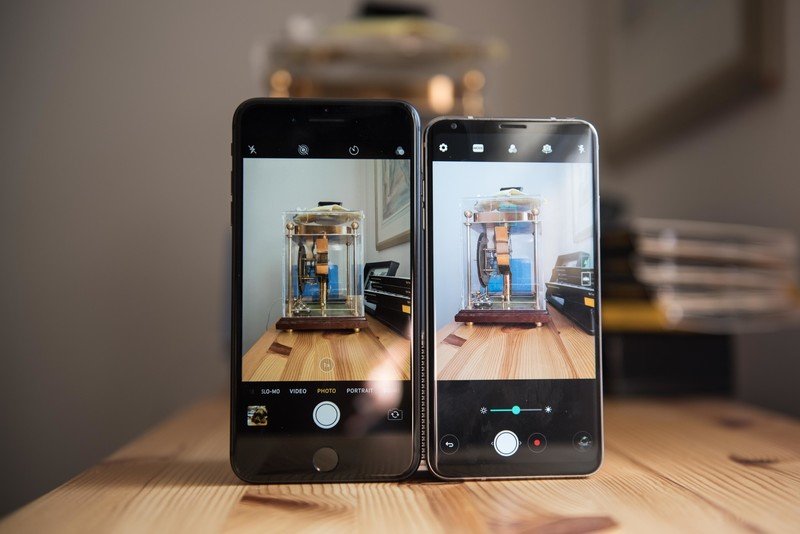
We've seen plenty of headlines the past few years — and especially the past few weeks with the LG V30 and now the iPhone 8 — about how you can take "professional" photos with a smartphone. It wasn't true years ago, and not still not true now, and for one simple reason:
You can fly 7,000 miles with a fancy $2,000 camera and still take shitty pictures. I proved it.
I was reminded of this by my Verge pal Dan Seifert as a tangent to a pretty good tweet storm.
Be an expert in 5 minutes
Get the latest news from Android Central, your trusted companion in the world of Android
https://twitter.com/dcseifert/status/911259297891405824
It's that simple.
Smartphone cameras have gotten exponentially better over the years. My first child was born in 2006. The second in 2010. And looking back at those pictures versus what I can take today, well, you'll see the difference.
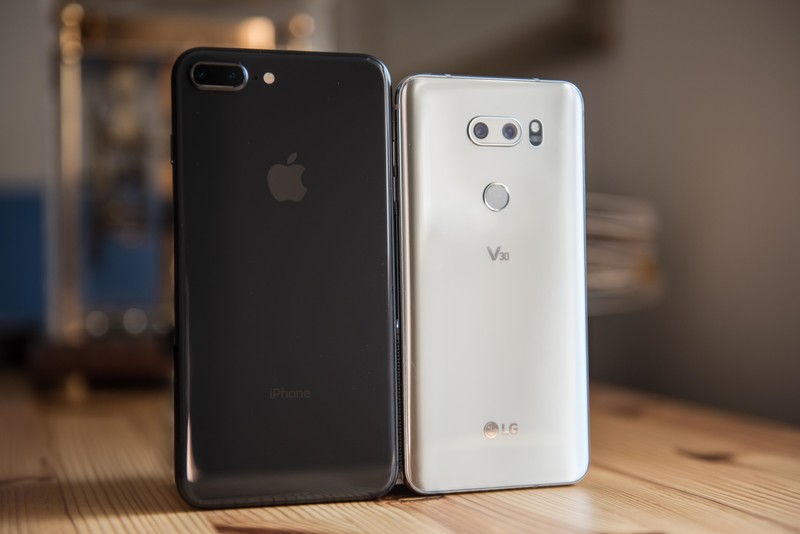
Larger sensors let in more light. Better lenses and optical image stabilization help make things look better, too. The algorithms companies use to process photos have gotten better and better — and we're just at the cusp of letting artificial intelligence do a lot of the heavy lifting, which is going to open up a whole new world of features and improvements.
But that absolutely does not mean that the person on the other end of the camera doesn't matter. Far from it.
Take a photography class. Even your most basic phone pic will be better for it.
For one, a lot of the hot new features — such as the "Cine Log" styles — are left to the "manual" mode in the camera. Maybe you're the type of mobile photographer who'll stop what you're doing to hop into manual mode and set up everything just so. And in that case, you're a better mobile photographer than I — and I'm willing to bet better than most folks out there.
But as Dan explains in that tweetstorm, it's about more than automatic settings and filters. It's about composition. And lighting. (It's almost always about lighting.) And so much more.
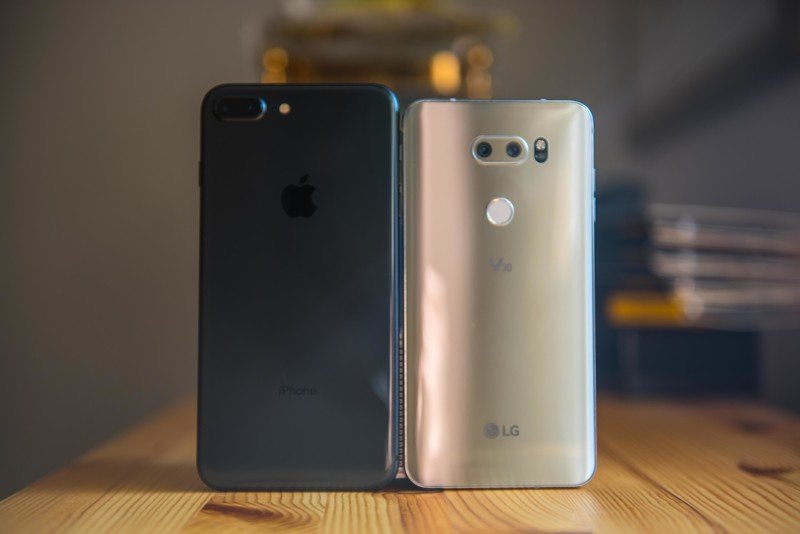
You can have all the tools in the world at your disposal. And they definitely can help you take better pictures on a daily basis.
But there's absolutely no substitute for having some basic knowledge of photography, whether you're using a smartphone or full-frame DSLR.
That's a lesson I wish I'd known back in 2012 in Korea.
